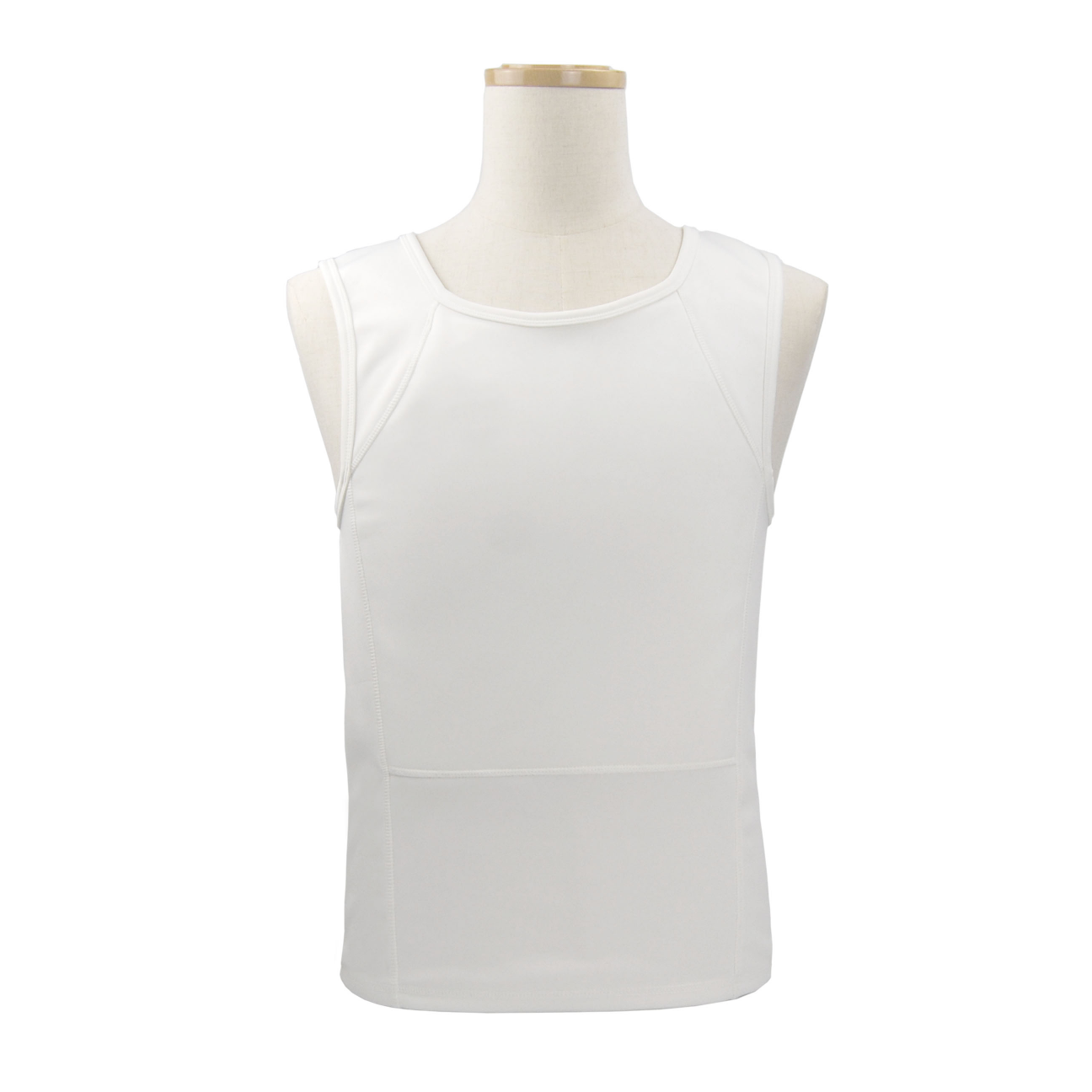If you're looking to purchase body armor, you need to understand the different protection levels. A common type is Level IIIA body armor, which is rated to stop handgun rounds. This armor is designed to stop most handguns, including some higher caliber ones. But high-powered rifles may be able to penetrate Level IIIA armor. Always select armor that is appropriate for the threats you may encounter.
Fit and Comfort: Why They Are So Important
In addition to how protective the armor is, it’s critical to consider how armor fits and feels. Armor that’s too loose may not protect you, while armor that’s too tight can be uncomfortable and hinder movement. You need to get the armor that fits well and allows freedom of movement. It’s really important that you’re comfortable wearing body armor for long periods of time, so wear different types to see what fits you best.
Finding the Right Balance
So when choosing body armor, you want it to offer a good balance between protection, fit, and comfort. It might be tempting to spend more time on one of these things than others, but all three should be on your mind when making your decision. The easiest to wear for long periods is the best ceramic body armor because it has to keep you safe from every possible threat. Remember this balance as you shop for the right body armor for your needs.
Doing Body Armor Maintenance
Once you have purchased your body armor, the next thing you want to do is care for it, so it lasts. With proper care, your armor can stay in great condition and function correctly. Always adhere to the instructions for how to clean and store your armor, and never store it in places that are too hot or damp.” Give your armor a good look (scroll through your equipment) every so often to make sure it is not damaged and, if it is, swap it out for a strong one.
Level IIIA Body Armor Purchase and Possession Regulations
There are some other things you need to know before you start buying Level IIIA body armor, however, and we’re going to cover them here. There are some rules to follow for the average person in the U.S. owning and wearing body armor. In some states, individuals convicted of felonies are barred from buying or wearing body armor. It is also illegal in many jurisdictions to wear body armor while committing a crime. The laws where you live can vary, so just be sure you are abiding by them before purchasing body armor.

